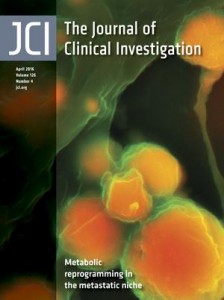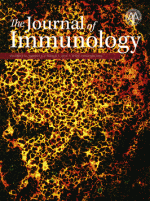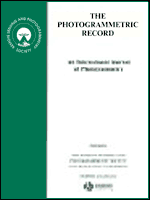 A journal has retracted three articles from a chemist in Portugal with a history of problems with co-authors and data — the exact problems cited by the new notices.
A journal has retracted three articles from a chemist in Portugal with a history of problems with co-authors and data — the exact problems cited by the new notices.
Specifically, it appears as if Rodrigo J.G. Lopes made up the affiliations of multiple co-authors from the California Institute of Technology, causing the journal to “doubt the existence of the authors.”
Lopes first came to our attention in 2013, when he lost a paper in the Chemical Engineering Journal for including data he couldn’t have produced, as the lab lacked the necessary equipment. That had followed a previous retraction, when Lopes added co-authors without their permission. We’ve since found other retractions for Lopes, bringing his total to eight, by our count. Continue reading Author appeared to use phony Caltech co-authors, up to 8 retractions
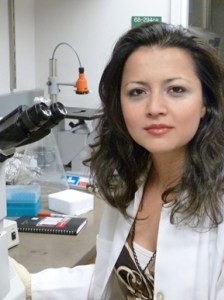
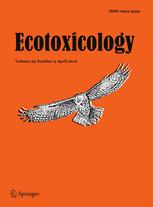

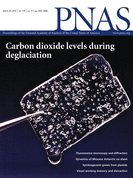
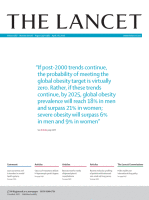 Since we reported Friday that multiple authors had asked to remove their names from a high-profile 2011 Lancet paper about a risky transplant surgery, a
Since we reported Friday that multiple authors had asked to remove their names from a high-profile 2011 Lancet paper about a risky transplant surgery, a 